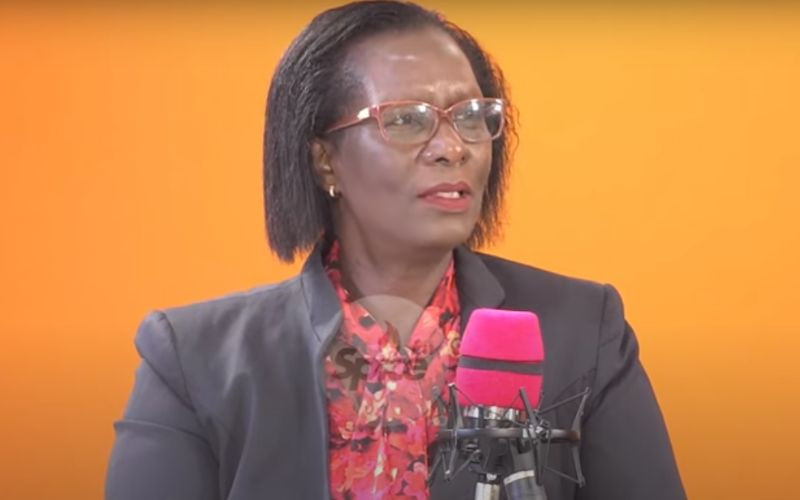×
The Standard e-Paper
Fearless, Trusted News

The government is committed to reducing the National wage bill to 35 per cent by 2028, Salaries and Remuneration Commission (SRC) Chairperson Lyn Mengich has said.
Currently, 47 per cent of Kenya's revenue goes to the National wage bill.